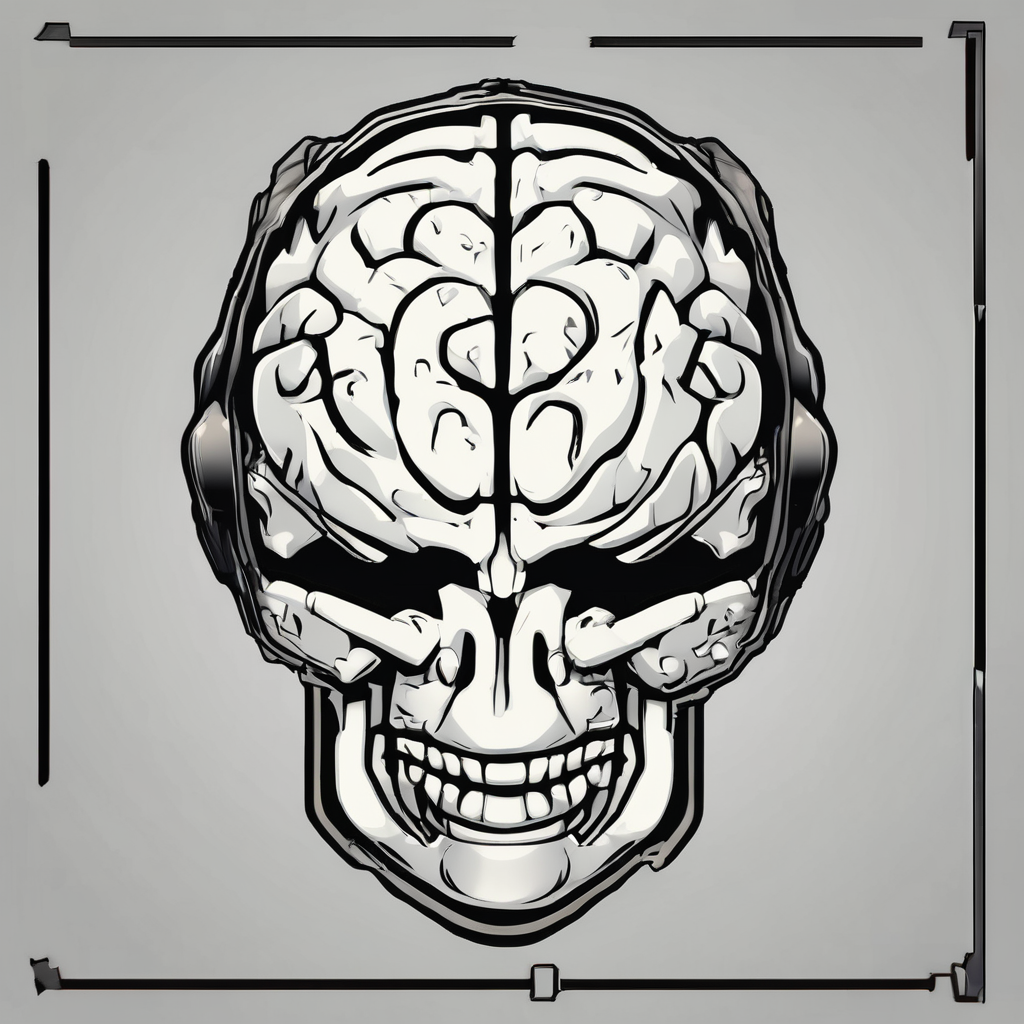Tinnitus, the perception of noise or ringing in the ears, affects millions worldwide. While often a symptom of an underlying condition, it can also occur without any identifiable cause. The constant buzz or hum can significantly impact quality of life, leading to stress, anxiety, and sleep disturbances. This article will explore the most effective techniques for managing tinnitus, offering practical advice to help you regain control over your daily life.
Understanding Tinnitus: The Basics
Before delving into management techniques, it’s essential to understand tinnitus. Generally, tinnitus manifests as a ringing, buzzing, or hissing sound that only you can hear. This phenomenon can be temporary or chronic, with various potential triggers, including age-related hearing loss, exposure to loud noise, ear infections, or even stress.
Also to see : What Are the Best Practices for Managing Chronic Fatigue Syndrome?
While tinnitus itself is not a disease, it often acts as a symptom of other health conditions. Therefore, a comprehensive approach to management includes not just alleviating the symptoms but also addressing any underlying issues.
Sound Therapy: Easing the Ringing
Sound therapy is one of the most widely recommended methods for managing tinnitus. This approach involves using external noise to mask the internal sounds of tinnitus, making it less noticeable. Various options exist within sound therapy to suit different preferences and lifestyles.
Have you seen this : Top psychological insights into human behavior explained
White Noise Machines
White noise machines are a popular choice for many tinnitus sufferers. These devices produce a consistent sound that can help drown out the tinnitus noise. You can use them during the day while working or at night to improve sleep quality. White noise machines are versatile and available in various formats, including standalone devices and smartphone apps.
Hearing Aids with Masking Features
For those with hearing loss, hearing aids that include masking features can be particularly beneficial. These devices not only amplify external sounds but also emit masking noises that help reduce the prominence of tinnitus. Consulting with an audiologist can help you find a hearing aid tailored to your specific needs.
Nature Sounds and Music
Another effective option for sound therapy is using nature sounds or music. Many find that the sounds of rainfall, ocean waves, or gentle music can effectively mask tinnitus. This approach can be both soothing and functional, making it easier to focus on tasks or unwind after a long day.
Cognitive Behavioral Therapy (CBT): Changing the Perception
Cognitive Behavioral Therapy (CBT) is a psychological intervention that aims to change the way you perceive and respond to tinnitus. This therapy focuses on altering negative thought patterns and behaviors associated with tinnitus, reducing its emotional impact.
Identifying Negative Thoughts
In CBT, the first step involves identifying and challenging negative thoughts related to tinnitus. Many sufferers develop catastrophic thinking, believing that the condition will worsen or that they will never find relief. CBT helps you reframe these thoughts, fostering a more positive outlook.
Developing Coping Strategies
CBT also emphasizes the development of coping strategies to manage tinnitus-related stress and anxiety. Techniques such as mindfulness, relaxation exercises, and stress management can help you gain better control over your emotional responses. Over time, these strategies can reduce the perceived severity of tinnitus.
Professional Guidance
Working with a trained CBT therapist can significantly enhance the effectiveness of this approach. A professional can guide you through the process, providing personalized support and techniques tailored to your specific needs.
Lifestyle Modifications: Enhancing Overall Well-being
Making certain lifestyle changes can also play a crucial role in managing tinnitus. These modifications aim to improve your overall well-being, which can, in turn, reduce the intensity of tinnitus symptoms.
Healthy Diet
A balanced diet rich in essential nutrients can positively impact tinnitus. Certain foods, such as those high in caffeine, salt, or sugar, may exacerbate symptoms. Conversely, foods rich in antioxidants, vitamins, and minerals can help support overall ear health. Consult with a nutritionist to develop a diet plan that meets your specific needs.
Regular Exercise
Regular exercise is another essential component of managing tinnitus. Physical activity not only improves overall health but also reduces stress and anxiety, which are known to aggravate tinnitus. Aim for a combination of aerobic exercises, strength training, and flexibility exercises for optimal results.
Stress Management
High-stress levels can intensify tinnitus symptoms. Therefore, effective stress management techniques are crucial. Practices such as yoga, meditation, and deep breathing exercises can help you relax and reduce the impact of stress on your tinnitus. Incorporating these practices into your daily routine can make a significant difference.
Medical Interventions: When to Seek Help
While many can manage tinnitus with sound therapy, CBT, and lifestyle changes, there are cases where medical intervention may be necessary. Consulting with healthcare professionals can provide additional options for managing tinnitus.
Medications
In some instances, medications may be prescribed to help manage tinnitus symptoms. Antidepressants and anti-anxiety medications can help reduce the emotional impact of tinnitus. However, these medications may have side effects and are usually considered when other methods are not effective.
Tinnitus Retraining Therapy (TRT)
Tinnitus Retraining Therapy (TRT) combines sound therapy with counseling to help you habituate to tinnitus. The goal is to make the tinnitus less noticeable and less bothersome. This therapy requires time and commitment but can be highly effective for many sufferers.
Surgical Options
In rare cases, surgical intervention might be considered, particularly if tinnitus is caused by an identifiable structural issue within the ear. Consulting with an otolaryngologist (ear, nose, and throat specialist) can help determine if surgery is a viable option for you.
Tinnitus can be a challenging condition to live with, but various effective techniques can help you manage its impact on your life. By understanding the nature of tinnitus and exploring options such as sound therapy, Cognitive Behavioral Therapy, lifestyle modifications, and medical interventions, you can find a tailored approach that works best for you. Remember, the goal is not just to mask the noise but to improve your overall well-being, empowering you to live a fulfilling life despite tinnitus.
In conclusion, the most effective techniques for managing tinnitus involve a multifaceted approach that addresses both the symptoms and underlying causes. By combining sound therapy, psychological interventions, lifestyle changes, and medical options, you can significantly reduce the impact of tinnitus on your daily life. Stay informed, seek professional guidance, and take proactive steps to regain control and enhance your quality of life.






